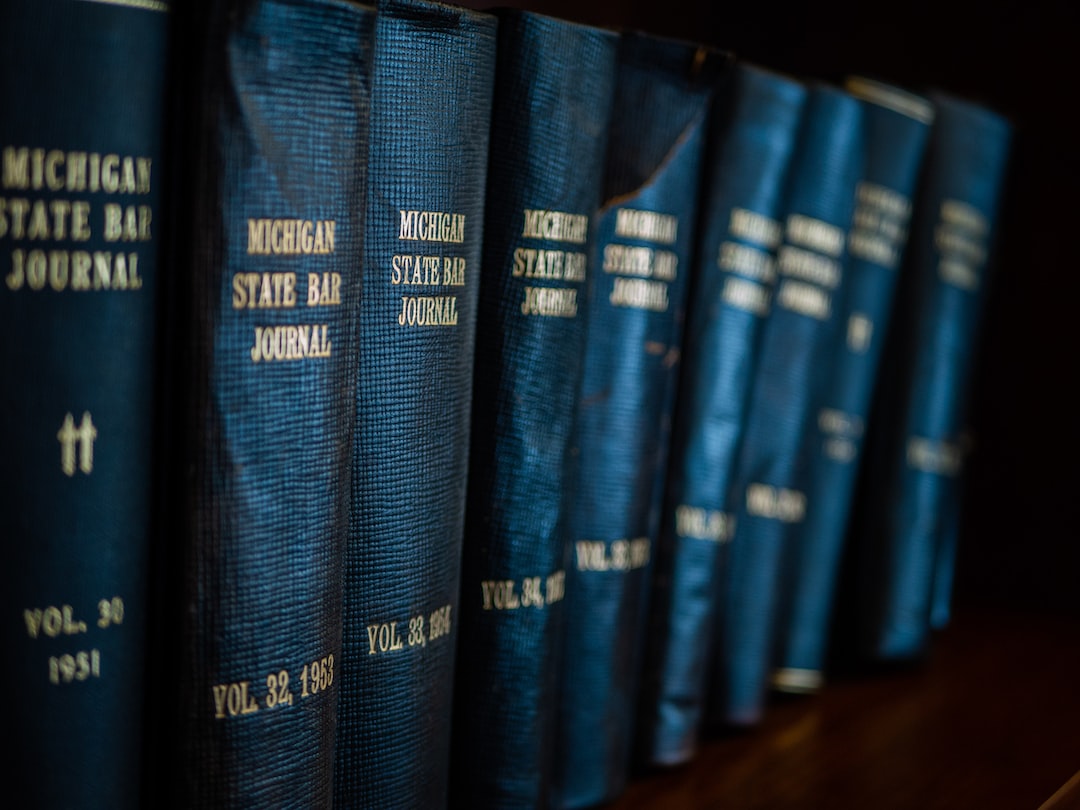Top 10 Criminal Law Cases That Changed the Legal Landscape
The legal landscape of criminal law is constantly evolving, as courts make landmark decisions that shape the way society views crime and justice. From influential Supreme Court rulings to high-profile trials, these cases have had a profound impact on the legal system and continue to be referenced by lawyers, scholars, and policymakers. In this blog post, we will explore the top 10 criminal law cases that have significantly changed the course of legal history.
1. Miranda v. Arizona (1966): This case established the famous “Miranda rights,” which require law enforcement to inform individuals of their right to remain silent and consult an attorney before being interrogated. The decision aimed to protect suspects from coercive questioning and has become a standard practice in criminal investigations.
2. Gideon v. Wainwright (1963): In this landmark case, the Supreme Court ruled that the Sixth Amendment guarantees the right to counsel for all defendants, even those unable to afford one. This decision significantly expanded access to legal representation, ensuring a fair trial for those who cannot afford an attorney.
3. Roper v. Simmons (2005): This case abolished the death penalty for individuals who commit crimes while under the age of 18. The Supreme Court held that executing juveniles violated the Eighth Amendment’s prohibition on cruel and unusual punishment, recognizing the evolving standards of decency in society.
4. Terry v. Ohio (1968): The Supreme Court’s decision in this case established the “stop and frisk” doctrine, allowing law enforcement officers to briefly detain individuals and perform a limited search for weapons without a warrant. The ruling aimed to balance public safety concerns with Fourth Amendment protections against unreasonable searches and seizures.
5. Maryland v. King (2013): This case examined the legality of DNA collection from individuals arrested for serious crimes but not yet convicted. The Supreme Court ruled that it is constitutional to take DNA samples using cheek swabs, enabling the creation of DNA databases that can assist in solving cold cases and identifying repeat offenders.
6. Furman v. Georgia (1972): This case effectively halted the use of the death penalty in the United States by ruling that its application was arbitrary and capricious. The Supreme Court found that the imposition of the death penalty, as it was administered at the time, violated the Eighth Amendment’s prohibition of cruel and unusual punishment.
7. Roe v. Wade (1973): While not strictly a criminal law case, Roe v. Wade has had a profound impact on criminal law and women’s rights. The Supreme Court’s decision legalized abortion, establishing a woman’s right to privacy and bodily autonomy. This ruling continues to shape debates on reproductive rights and access to healthcare.
8. Katz v. United States (1967): In this case, the Supreme Court clarified the Fourth Amendment’s protection against unreasonable searches and seizures in relation to electronic surveillance. The decision held that individuals have a reasonable expectation of privacy in their conversations, even when using public telephone booths. This expanded the scope of privacy protections and influenced subsequent laws on wiretapping and electronic surveillance.
9. Brown v. Board of Education (1954): Although primarily a civil rights case, Brown v. Board of Education challenged the notion of “separate but equal” schools and set the stage for desegregation. By declaring racial segregation in public schools unconstitutional, the Supreme Court’s decision paved the way for significant progress in civil rights and racial equality.
10. Racial profiling cases, such as Whren v. United States (1996) and Terry v. Ohio (1968): These cases have tackled the issue of racial profiling by law enforcement. While they have not outrightly banned racial profiling, they have set guidelines regarding the legality and constitutionality of stops and searches based on race. These cases reflect the ongoing efforts to address and combat systemic racism in law enforcement.
These top 10 criminal law cases have left an indelible mark on the legal landscape, shaping our understanding of individual rights, due process, and equality before the law. As future cases emerge and societal perspectives evolve, it is crucial to continue examining and learning from these influential decisions to ensure a fair and just criminal justice system for all.

